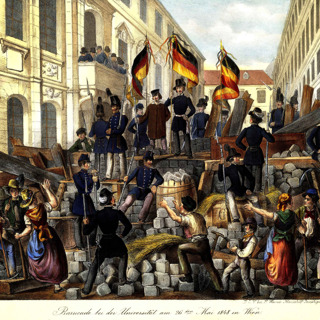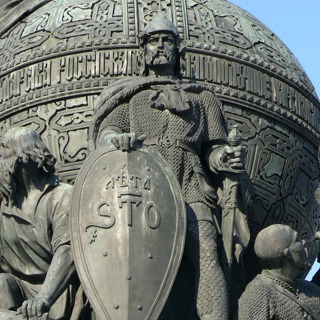
27.4 Early Kievan Rus. Rurik to Svyatoslav
The dynasty of Rurik builds the foundations of a new power in eastern Europe - Kievan Rus. Princess Olga takes vengeance on a rebel town by burning it down, but after converting to Christianity was later sainted. Her son, Syvatoslav defeats the Khazars and then tries to resettle his people in Bulgaria before his early death.www.historyeurope.netPicture: Rurik on the Monument 'Millennium of Russia' in Veliky Novgorod Hosted on Acast. See acast.com/privacy for more information.
10 Juni 201625min
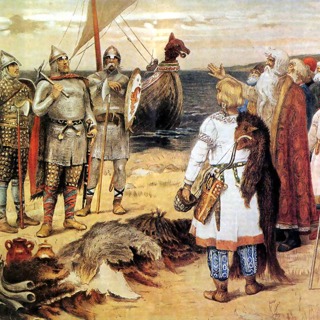
27.3 Slavs, Their Origins and Early History
The origins of the Slavs are shrouded in uncertainty. We rely on scraps of contemporary writings and later writings such as The Primary Chronicle of Kievan Rus. They tell us of the unification by Vikings of scattered tribes in the region of the Baltic - Black Sea waterwayswww.historyeurope.netPicture: The Invitation of the Varangians: Rurik and his brothers arrive in Staraya Ladoga (Viktor Vasnetsov) Hosted on Acast. See acast.com/privacy for more information.
4 Juni 201621min
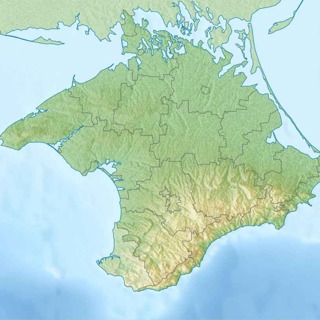
27.2 Crimea and Black Sea 500BC-800AD
Brief history of Crimea and North Black Sea region 500BC-800 AD, during which time many different peoples having left their mark, including Greeks, Scythians, Romans, Goths, Byzantines, Bulgarians and Khazarswww.historyeurope.netPicture: Crimea Hosted on Acast. See acast.com/privacy for more information.
27 Maj 201622min
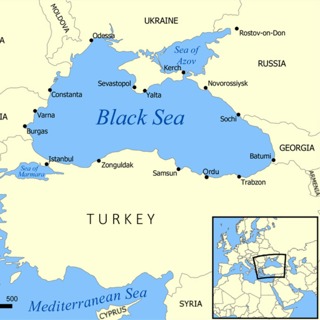
27.1 Early History of The Black Sea, Perspectives on Ukrainian and Russian History
Intro is the Russian Presidential Address of 2014. Then an outline of different perspectives on Ukrainian and Russian History, and next a description of the geography and early history of the Black Sea region from the time of the Ancient Greekswww.historyeurope.net Hosted on Acast. See acast.com/privacy for more information.
20 Maj 201629min
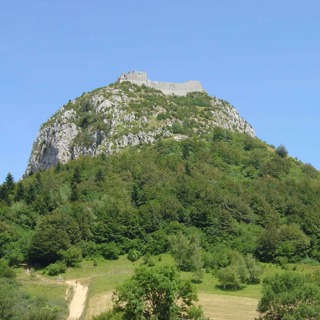
26.1 Albigensian Crusade, Second Half 1215-1229
Simon de Montfort probably hoped to quickly finish off the last pockets of resistance after the Battle of Muret. Instead conflict continued for another one and a half decades. What would happen to Simon, to Count Raymond and the people of Languedoc at this critical period for the region?www.historyeurope.netPicture: Fortress of Montsegur Hosted on Acast. See acast.com/privacy for more information.
30 Apr 201619min
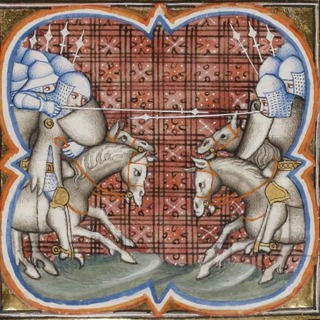
25.3 Battle of Muret 1213, Part 3, Simon de Montfort vs King Peter II of Aragon
In September 1213 in southwestern France two Christian armies faced each other off. One was led by King Peter II of Aragon, who after his glorious victory against a Muslim army at the Battle of Las Navas de Tolosa the previous year, was not only one of the most respected monarchs of Christendom but a favoured son of the Church. The other army was composed of crusaders, mainly from northern France, fighting on behalf of the Pope to root out heresy from the French region of Languedocwww.historyeurope.netThe Battle of Muret: illustration from the Grandes Chroniques de France, c. 1375–1380 Hosted on Acast. See acast.com/privacy for more information.
24 Apr 201616min
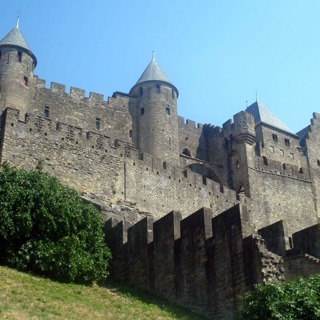
25.2 Albigensian Crusade in Languedoc, France Meets Resistance
Simon de Montfort becomes leader of the Albigensian Crusade against the Cathars of Languedoc. He meets resistance from Count Raymond VI of Toulouse and the general population of the region.www.historyeurope.netPicture: Carcassonne Hosted on Acast. See acast.com/privacy for more information.
15 Apr 201624min
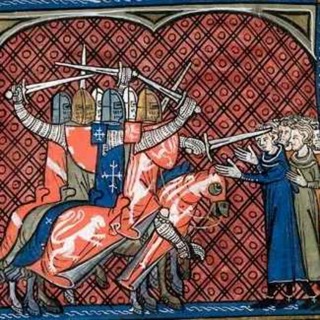
25.1 Cathars, Albigensian Crusade in Southern France
Background to the Cathars and the Albigensian Crusade in Languedoc, southern Francewww.historyeurope.netPicture: The Albigensian massacre, chronicle of Saint-Denis, 14th century, London, British Library Hosted on Acast. See acast.com/privacy for more information.
8 Apr 201624min
